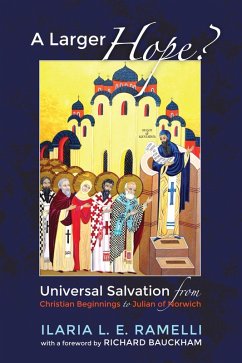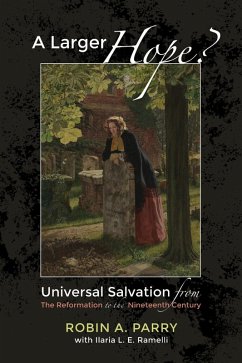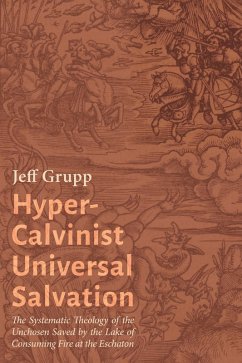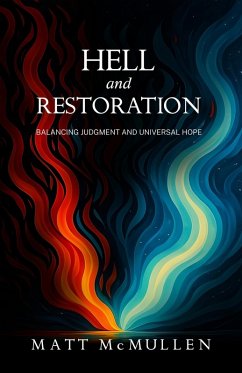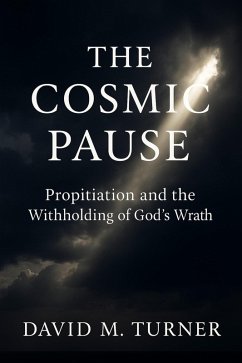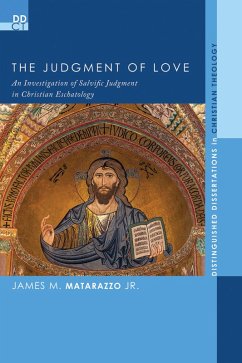
The Judgment of Love (eBook, ePUB)
An Investigation of Salvific Judgment in Christian Eschatology

PAYBACK Punkte
14 °P sammeln!
This book seeks to explore the concept of divine judgment in Christian eschatology. It contends that this judgment is salvific rather than destructive. This notion can be described aphoristically as iudicandus est salvandus ("to be judged is to be saved"). The provocation to Christian eschatology is that human beings are not saved from judgment, but are saved within it. The exploration begins defining the context and moves into a review of the symbols and problems of judgment through a reappraisal of De novissimis ("concerning the last things"), the last section found in traditional works of C...
This book seeks to explore the concept of divine judgment in Christian eschatology. It contends that this judgment is salvific rather than destructive. This notion can be described aphoristically as iudicandus est salvandus ("to be judged is to be saved"). The provocation to Christian eschatology is that human beings are not saved from judgment, but are saved within it. The exploration begins defining the context and moves into a review of the symbols and problems of judgment through a reappraisal of De novissimis ("concerning the last things"), the last section found in traditional works of Christian dogmatics. This is followed by a critical engagement with the soteriological optimism posited by four twentieth- and twenty-first century theologians: Sergei Bulgakov, Hans Urs von Balthasar, J. A. T. Robinson, and Marilyn McCord Adams. The event of the judgment is then defined as the event of absolute recognition: that it is within the eschatic recognition of God, the self, and the other that transformation and glorification of human persons occur in a way that avoids a dual outcome of salvation and damnation. The book concludes by proposing that we may approach divine judgment with faith, hope, and love--not only for ourselves, but for the human race as a whole.
Dieser Download kann aus rechtlichen Gründen nur mit Rechnungsadresse in A, D ausgeliefert werden.




